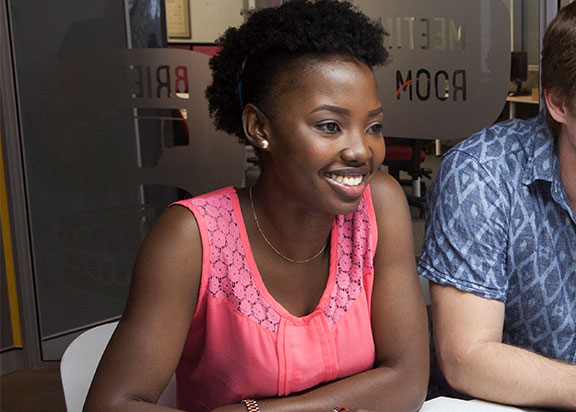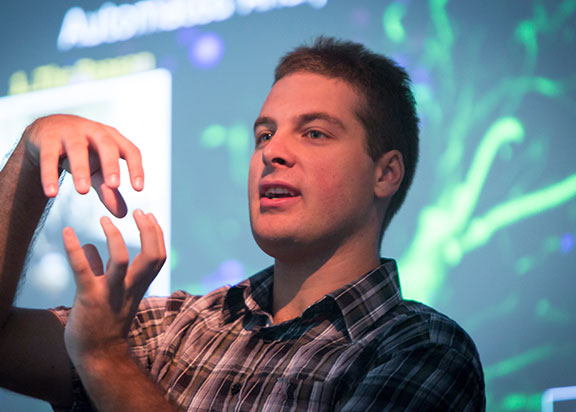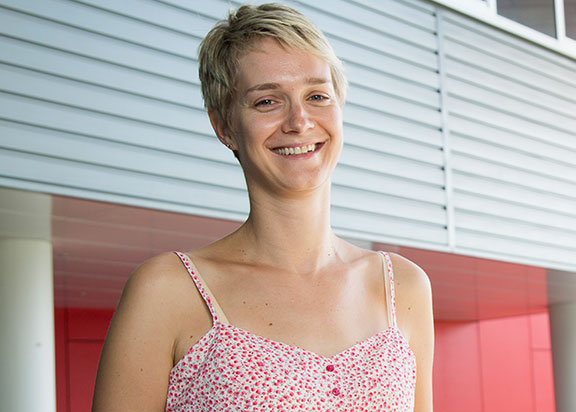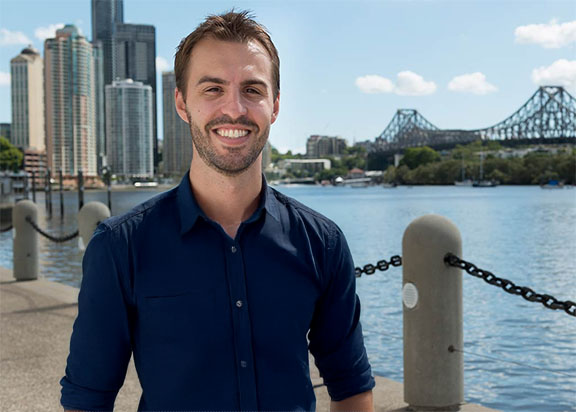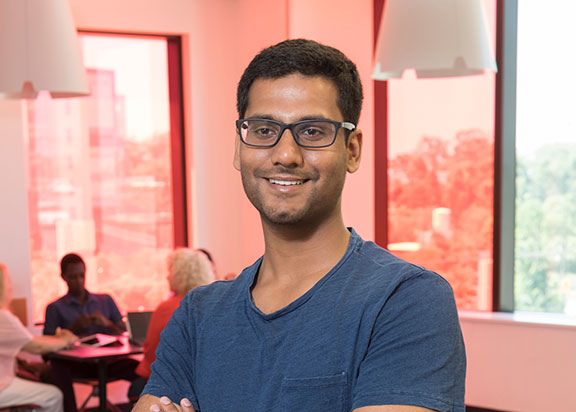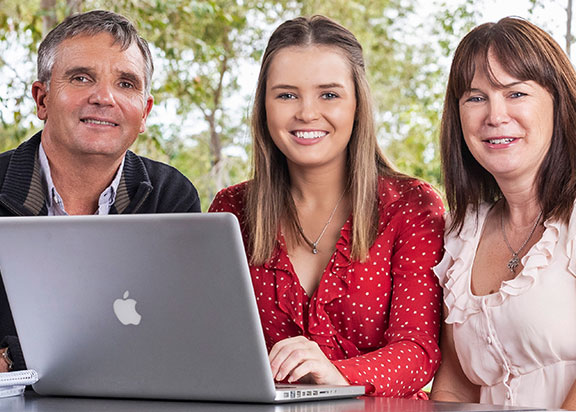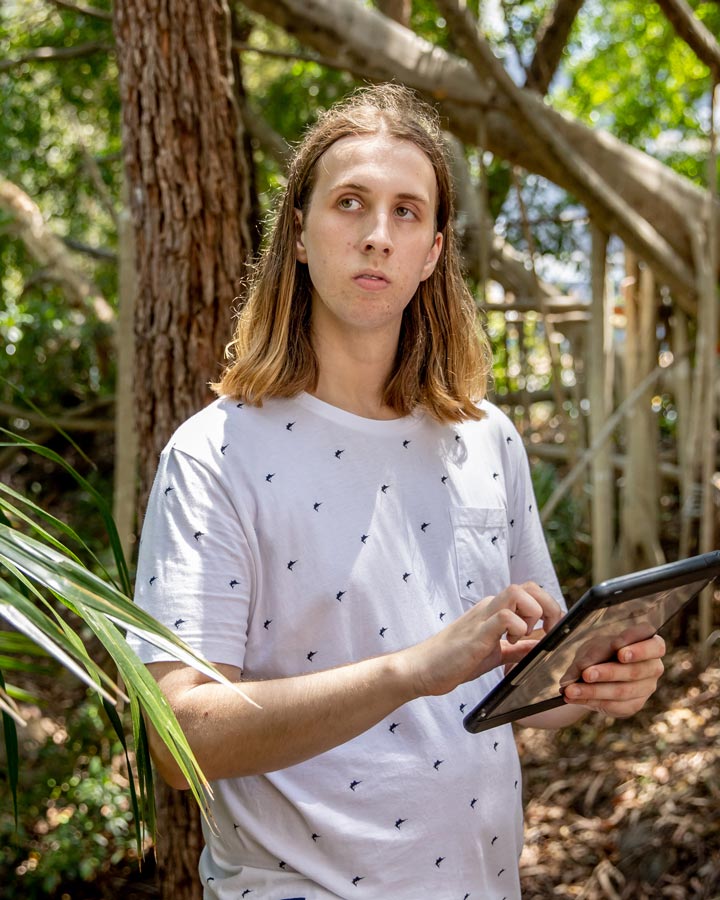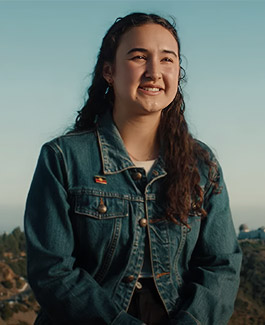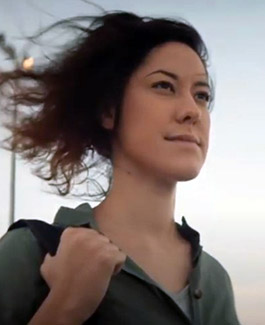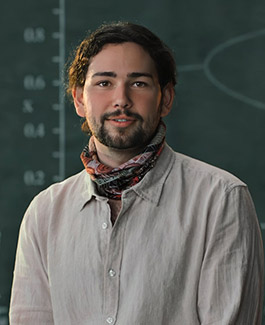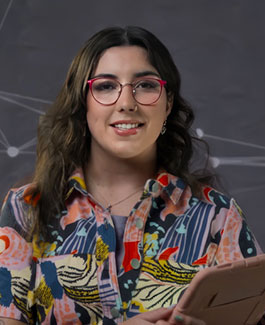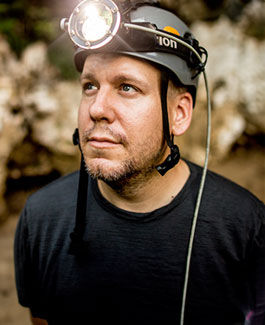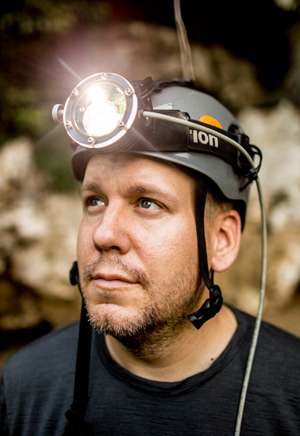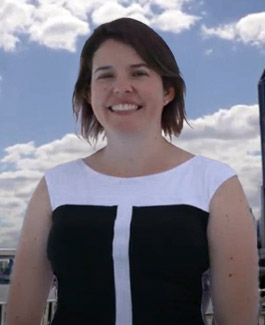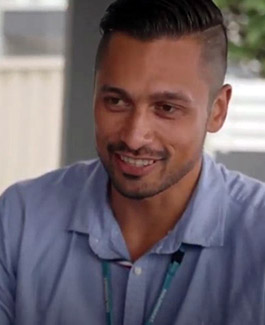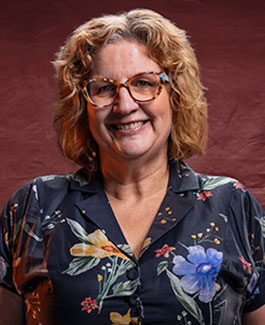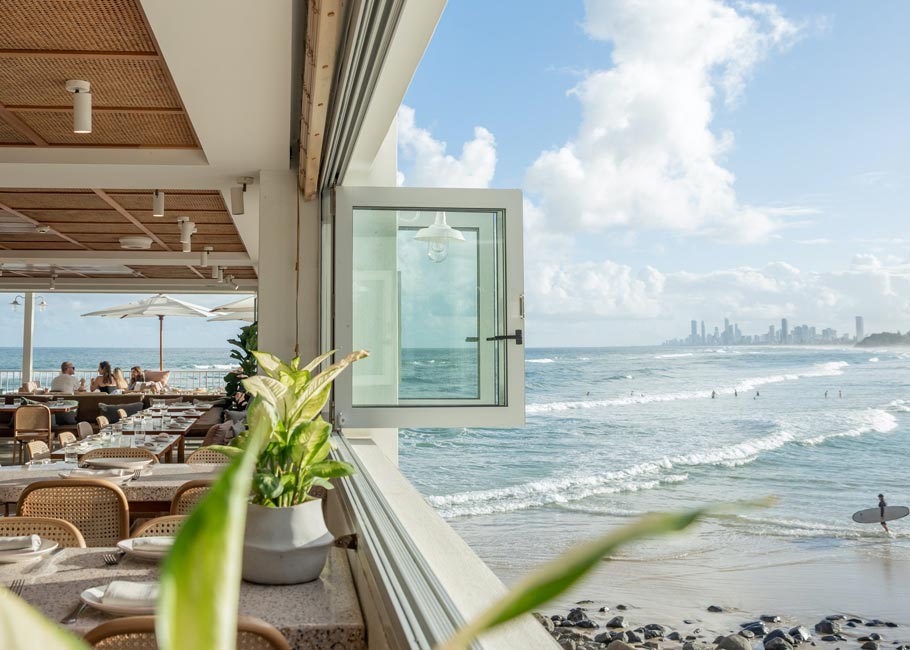Find solutions to environmental problems for a sustainable future
If you're passionate about the environment, a degree from Griffith could give you the knowledge, skills and experience to play your part in protecting our planet for future generations.
With range of majors to choose from, covering everything from urban environments and marine science to ecology and conservation, you'll have the opportunity participate in a range of increasingly in-demand and crucial fields of study. And, once you graduate, you'll take that expertise into your workplace, a new career direction, or even onto further study and research.
Whatever you choose to specialise in, you'll learn about the many intersections between sciences and environmental protection, and how you can use this knowledge to proactively solve and manage potential problems. We’ll teach you how it’s possible to harness technological advances to drive positive impacts on the planet—and leverage cutting-edge technology to protect the planet’s most ancient environments.
You'll study and investigate key issues in biodiversity, land and water sustainability, renewable energy, energy conservation, carbon capture and emission management, sustainable building design, urban planning, public health and wellbeing, economic development, triple bottom line analysis and environmental, national and international treaty law.
Why choose Griffith?
Study QLD's first and only degree accredited by the EIANZ.
Eligible students can transfer straight into an honours degree from their third year.
We're rated well above world standard in a range of science discplines.
You'll explore the natural, economic and social aspects of the environment.
Talk to our students
Start a conversation with a current student, and have all of your questions answered. Our friendly students are happy to chat about their Griffith experience.
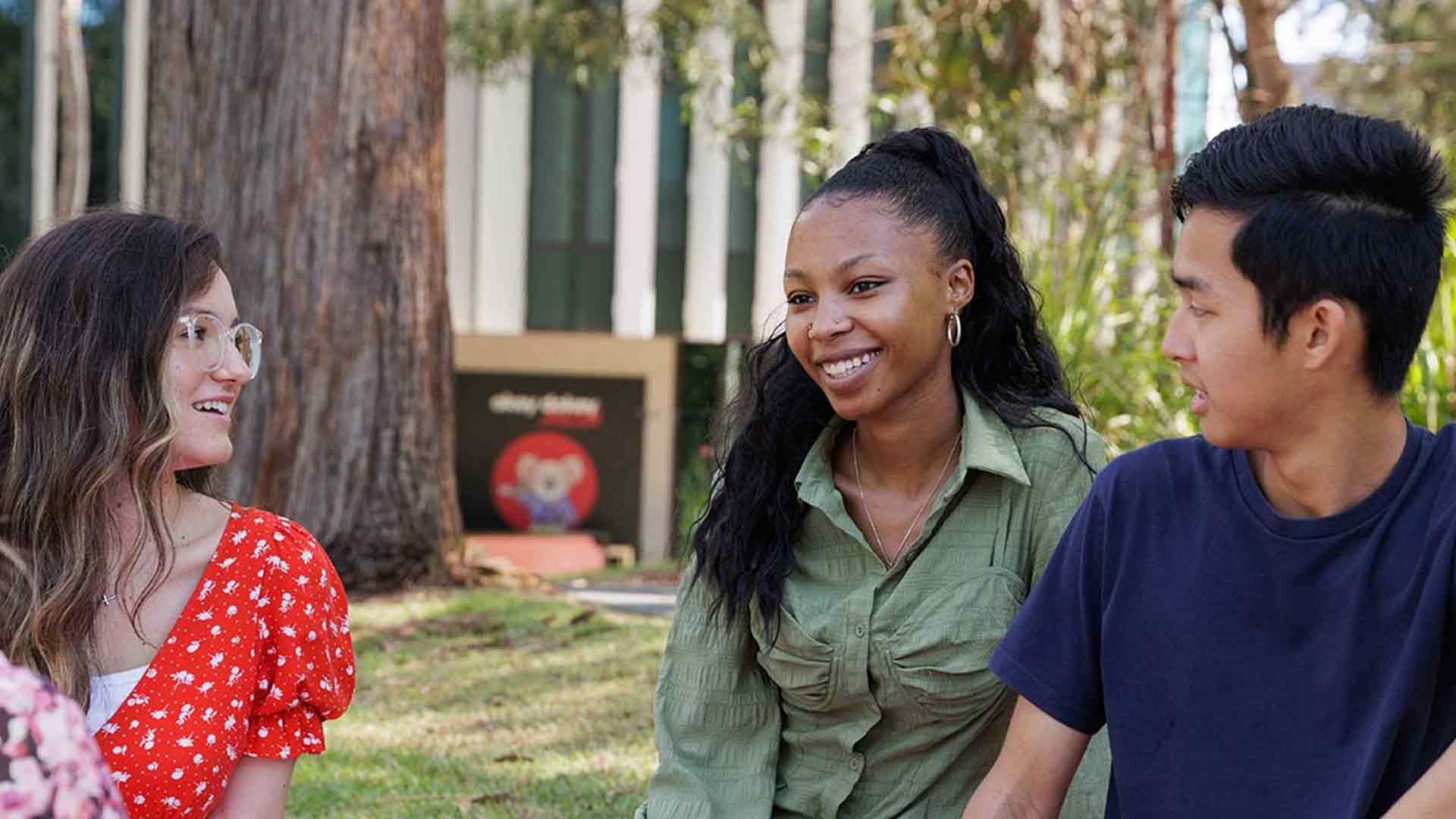
Upskill faster with a one-year masters
If you’re ready to progress your career, and want to do so quickly, we’re ready to help you achieve your goals.
Under our one-year masters pathway, your eligible work history and prior learning will be automatically applied towards your degree, setting you up to graduate in just 12 months.

Griffith credit guarantee
Changing degrees or unis doesn’t have to mean starting from scratch. At Griffith, your previous study and experience is recognised with guaranteed credit of at least 40CP, helping you reduce course fees and save thousands.
Learn more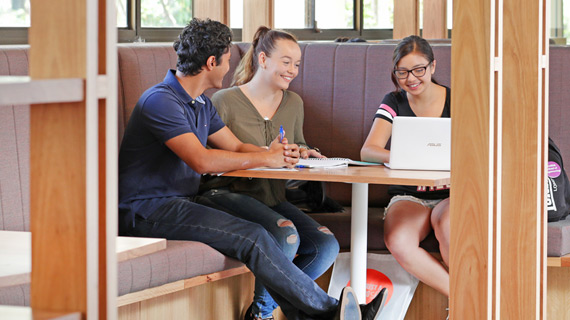
Countdown to Uni
Tuesday 29 April, 7-8pm
Join Griffith University’s Countdown to Uni webinar, designed for Year 11 and 12 students and their parents or guardians. This free session will walk you through everything you need to know to prepare for university life at Griffith.
Register now
Talk to our students
Start a conversation with a current student, and have all of your questions answered. Our friendly students are happy to chat about their Griffith experience.

Frequently asked questions
Have questions about study? We've got all the answers.
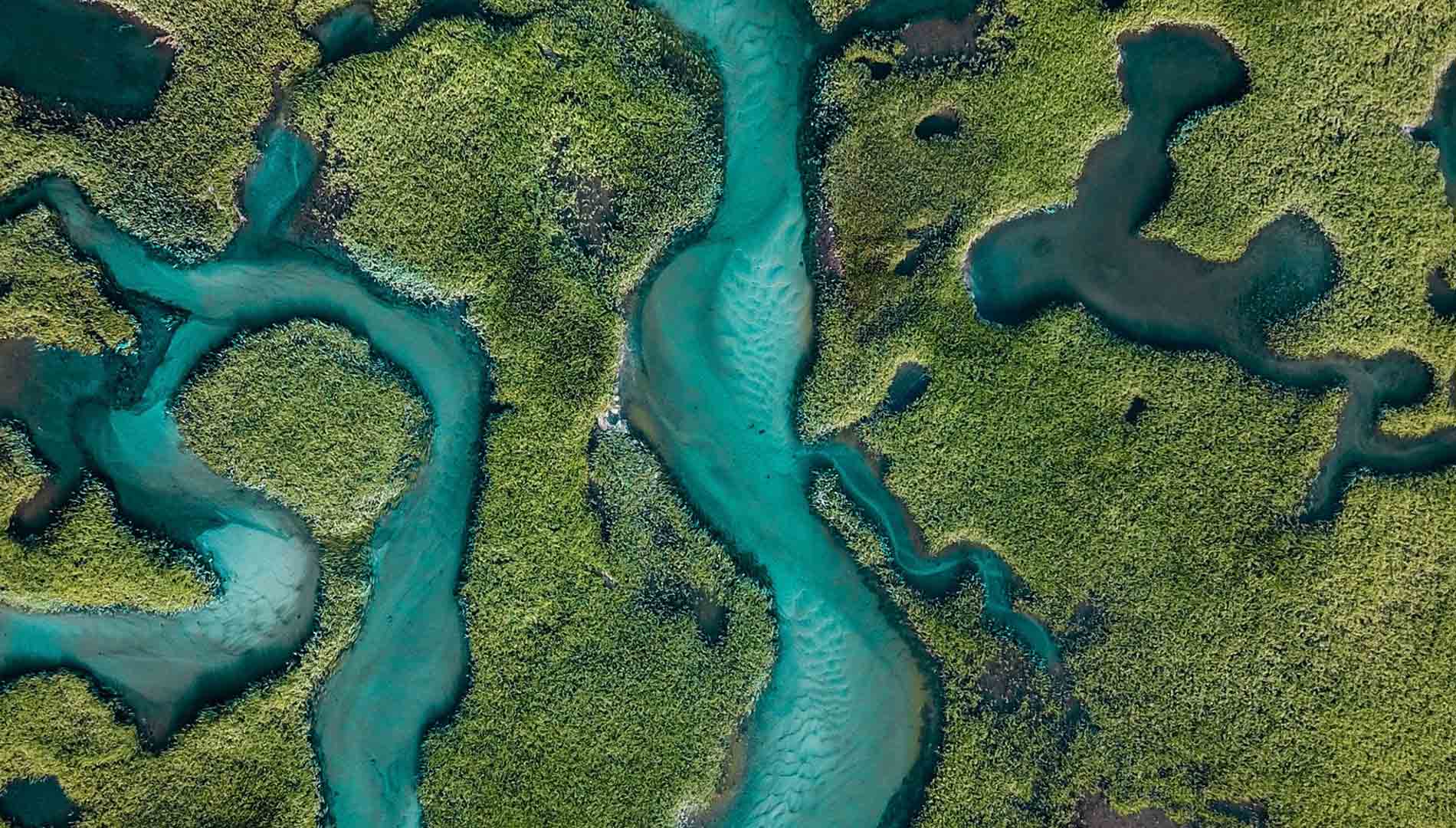
Find a degree
I am a
Interested in studying in
During a trimester students on average will spend 10-12 hours a week per course, undertaking teaching, learning and assessment activities in a degree.
No results found
It seems we couldn't find any degrees that match your search criteria.
Here are a few tips to help you find what you're looking for:
- Try adjusting your search filters (e.g., study area, level of study).
- Browse all available degrees on our Degrees and Courses page.
If you need further assistance, feel free to contact us.
Degree pathways
Entry and exit points explained
We offer a variety of graduation pathways to help students reach their academic goals. From undergraduate to postgraduate, our flexible pathways allow students to choose the best fit for their individual needs. With a range of specialisations and majors, students can tailor their studies to their interests and career aspirations. With our dedicated support services, we ensure that students have the resources they need to succeed.
We're here to help
Our team is here to assist you in your degree search, application submission and transition to university.
- +61 7 3735 6425
- Mon–Fri
7.30am – 7.30pm AEST
- Live chat
- Mon–Fri | 8am – 10am AEST
- Mon–Fri | 12pm – 8pm AEST
- Ask a question
- Available 24/7
- Talk to our students
- Ask a current international student about life at Griffith.
We're here to help
Our study advisors are here to assist you in your degree, application and transitioning to university.
- 1800 677 728
- Mon to Fri | 10am to 6:45pm AEST
- Live chat
- Mon to Fri | 10am to 6:45pm AEST
- Ask a question
- Available 24/7
- Book a Q&A
- Mon to Fri | 9am to 5pm AEST
We're here to help
Our team is here to assist you in your degree search, application submission and transition to university.
- +61 7 3735 6425
- Mon–Fri
7.30am – 7.30pm AEST
- Live chat
- Mon–Fri | 8am – 10am AEST
- Mon–Fri | 12pm – 8pm AEST
- Ask a question
- Available 24/7
- Talk to our students
- Ask a current international student about life at Griffith.
Scholarships
We offer a range of scholarships and awards to support international students studying our undergraduate, postgraduate, research and pathway programs.

Scholarships
We offer hundreds of scholarships, providing financial support to a wider range of students.

Scholarships
We offer a range of scholarships and awards to support international students studying our undergraduate, postgraduate, research and pathway programs.

Our graduate stories
Comprehensive support
Scholarships
Get financial support, exclusive networking, and skill development for an enhanced university experience.
Comprehensive support
University life
Discover vibrant campus vibes, events, and endless opportunities for fun and growth.
Go global
Explore endless horizons! Our program opens doors to global adventures and cultural connections.
Comprehensive support
Scholarships
Get financial support, exclusive networking, and skill development for an enhanced university experience.
